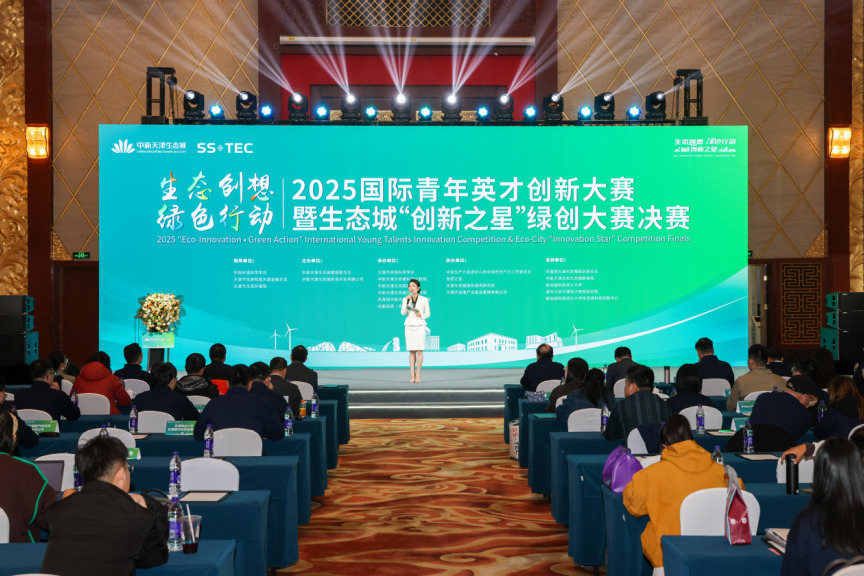China charts low-carbon path for energy sector

Amid global warming and geopolitical tensions, China's energy and mineral industries are expected to advance toward safer, smarter and lower-carbon practices, with technological innovation as the driving force, engineering experts said on Tuesday.
"In response to climate change, countries around the world have strategically implemented a range of major technological initiatives, with disruptive technologies emerging that have significant industrial transformation prospects," said Mao Jingwen, an academician with the Chinese Academy of Engineering.
With supply-demand patterns shifting in the global energy and mining markets, China remains committed to building a green and low-carbon society, Mao said at a news conference in Beijing. This includes steadily increasing non-fossil energy sources and focusing on developing domestic, intelligent and intensive technologies.
The event marked the release of a series of books outlining China's engineering technology development strategy for 2040, including one comprehensive report and 11 frontier reports. The book on energy and mining highlights the country's declining fossil fuel reserves, estimating that coal, oil and natural gas will last about 46 years, 18 years and 33 years, respectively, based on figures from 2024.
Guided by China's dual carbon goals — peaking carbon emissions before 2030 and achieving carbon neutrality before 2060 — the country will focus on overcoming bottleneck technologies to support the clean transformation of fossil energy, large-scale use of clean energy, and integration of multiple energy sources, the book said.
Sun Fengchun, an academician and professor at the Beijing Institute of Technology's School of Mechanical Engineering, expressed concerns over the transportation sector, where oil consumption is projected to exceed half of China's total transportation energy consumption by 2040. Sun stressed the need to establish a green energy-based road transportation network to support both energy security and carbon reduction targets.
Li Xiaohong, president of the Chinese Academy of Engineering, said the book series gathered nearly 300 academicians and 900 experts to propose a roadmap and frontier priorities for China's engineering technology development. The work, Li said, aims to help China "seize the strategic initiative in global scientific and technological competition."




































